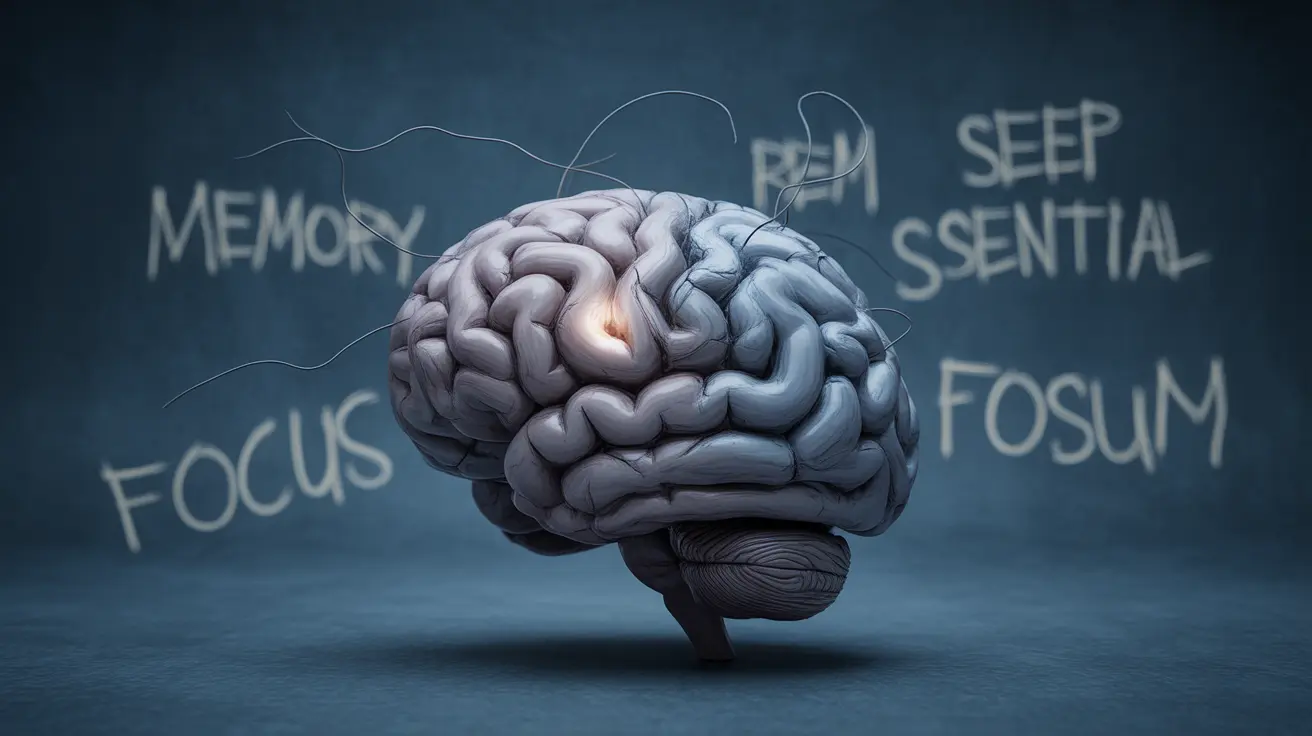Sleep is fundamental to human survival, yet many people wonder about the limits of sleep deprivation and its impacts on the body and mind. Understanding how long you can go without sleep isn't just an academic exercise – it's crucial knowledge that highlights the vital importance of regular, quality rest for our health and well-being.
While the occasional all-nighter might seem harmless, even short periods without sleep can have serious consequences for your physical and mental health. Let's explore the timeline of sleep deprivation and its effects on your body, along with essential information about recovery and prevention.
The Timeline of Sleep Deprivation
24 Hours Without Sleep
After just one day without sleep, your body begins showing significant signs of stress. Your cognitive abilities decline similarly to having a blood alcohol content of 0.08% – legally drunk in most states. Attention span decreases, reaction times slow, and decision-making becomes impaired.
48 Hours Without Sleep
Two days of no sleep intensifies these effects dramatically. You may experience microsleeps – brief, involuntary episodes of unconsciousness lasting seconds. Memory problems become severe, and your immune system starts to weaken. Many people report hallucinations and severe mood changes at this stage.
72 Hours and Beyond
After three days, the effects become dangerous. Perception becomes severely distorted, and hallucinations are common. Your body loses its ability to properly regulate temperature and blood pressure. Speech becomes difficult, and rational thinking is severely compromised.
Physical and Mental Health Impacts
Immediate Effects
Sleep deprivation quickly impacts your body in numerous ways:
- Weakened immune system
- Increased stress hormones
- Impaired coordination
- Difficulty concentrating
- Memory problems
- Mood swings and irritability
Long-term Consequences
Chronic sleep deprivation can lead to serious health conditions:
- Cardiovascular disease
- Type 2 diabetes
- Obesity
- Depression and anxiety
- Decreased cognitive function
- Weakened immune system
Recovery and Prevention
How to Recover from Sleep Deprivation
Recovery from sleep deprivation requires more than just one good night's rest. Your body needs time to restore normal functions and repair the damage caused by lack of sleep. Focus on:
- Establishing a consistent sleep schedule
- Creating a dark, quiet sleeping environment
- Limiting screen time before bed
- Avoiding caffeine and alcohol
- Getting regular exercise (but not too close to bedtime)
Building Healthy Sleep Habits
Preventing sleep deprivation is crucial for long-term health. Develop these essential habits:
- Stick to a regular sleep schedule
- Create a relaxing bedtime routine
- Maintain a comfortable sleep environment
- Limit daytime napping
- Practice stress management techniques
Frequently Asked Questions
How long can a person safely go without sleep before experiencing serious mental and physical effects?
Serious effects begin after just 24 hours without sleep. While there's no precise "safe" limit, cognitive decline becomes dangerous after 18-24 hours of wakefulness, with severe physical and mental effects manifesting after 48 hours.
What symptoms should I expect to notice after 24, 48, or 72 hours of no sleep?
At 24 hours, expect decreased coordination and focus. At 48 hours, you may experience microsleeps and hallucinations. By 72 hours, severe cognitive impairment, perceptual distortions, and physical symptoms like tremors become common.
Why is even one night without sleep harmful to brain function and decision-making?
One sleepless night significantly impairs cognitive function, affecting attention, memory, and judgment. The brain cannot properly process information or form new memories, and decision-making abilities become comparable to being legally intoxicated.
How does chronic sleep deprivation increase the risk of health problems like heart disease and diabetes?
Chronic sleep deprivation disrupts hormone regulation, increases inflammation, and affects blood sugar control. This creates a cascade of physiological changes that increase the risk of cardiovascular disease, diabetes, and other chronic health conditions.
What are effective ways to recover and restore cognitive function after sleep deprivation?
Recovery requires consistent, quality sleep over several nights. Focus on maintaining a regular sleep schedule, creating an optimal sleep environment, and practicing good sleep hygiene. It may take several days to fully restore normal cognitive function.




